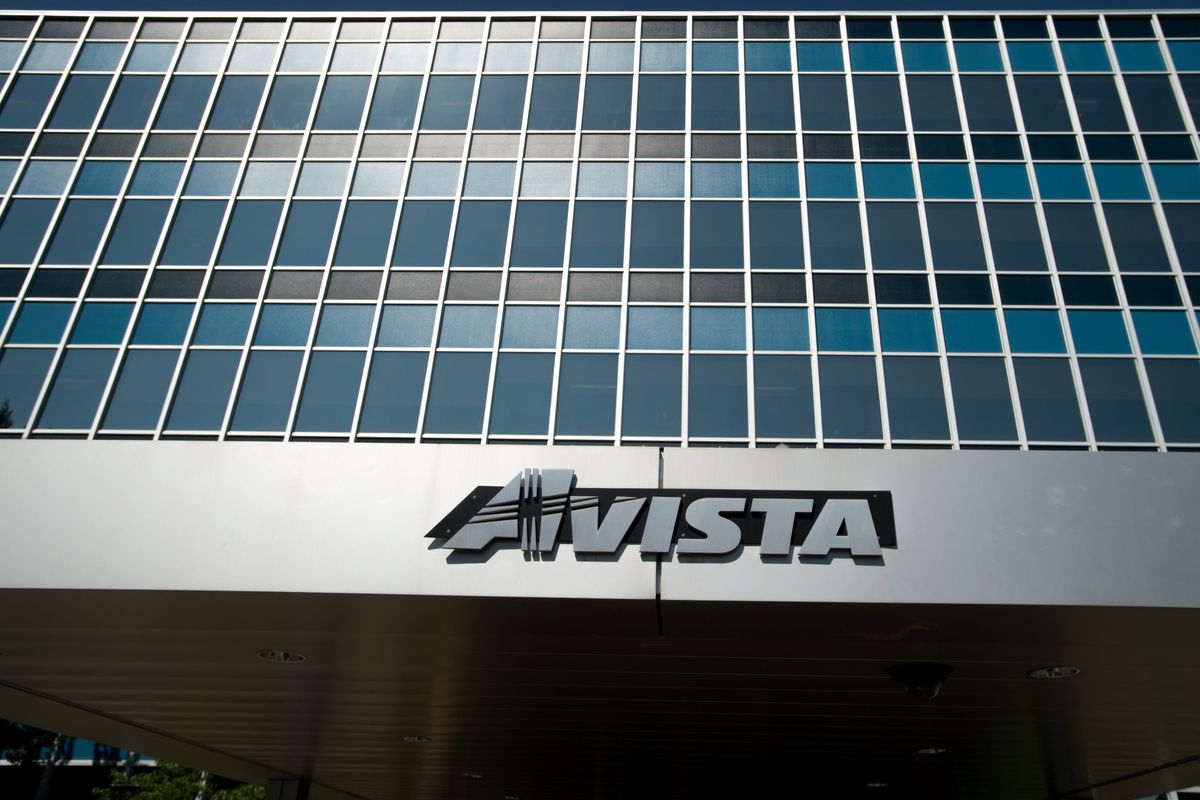Deadline approaching for $200 energy bill credits, a small piece of a big state law under scrutiny this November

Eligible Washington residents have at most two more weeks to sign up for a $200 credit off their energy bills.
The program, which must be applied for by Sept. 15, offers notable relief to cost burdened households across the state. It is also one piece of one of the state’s most notable climate laws to date, one which is the center of a heated political debate and which voters might decide to permanently scrap in November.
As many as 675,000 Washington households are expected to receive a $200 “Clean Energy Grant” paying down their future energy bills, which started going out in late July. Avista alone was awarded $10.5 million by the state this year to distribute $200 credits to nearly 52,500 households. As of Wednesday, 47,780 of those grants had already been debited into the accounts of residential customers.
More grants remain available until either the deadline or until the money runs out, and are accessed by applying to Avista’s existing My Energy Discount program. Eligibility is determined by household income. In Spokane County, for instance, a one-person household is eligible if they make no more than $49,850 a year, or $71,200 per year for a four-person household. Income thresholds for other counties and household sizes can be found on Avista’s website.
Funding for this program comes from the Climate Commitment Act, which caps how much carbon can be emitted in the state each year and requires businesses that emit the most to bid for an “allowance” to emit a portion of that overall cap. Those quarterly auctions began in early 2023 and revenue has already exceeded $2 billion, which is funding programs across the state meant to further reduce greenhouse gases, mitigate the effects of climate change and otherwise invest in the environment.
There may not be a 2025 auction.
One of four statewide initiatives this November, Initiative 2117, seeks to kill the state’s cap-and-trade system and bar state agencies from enacting anything similar in the future. Let’s Go Washington, the group behind the bid to kill what it calls a “hidden gas tax,” argues that the system is too costly for consumers. While the average resident isn’t paying directly for an emissions allowance, large companies do frequently pass those costs off to their customers, such as refineries in the state that supply Washington gas stations.
The exact cost to consumers through, for instance, higher gas prices is sharply debated, but Brian Heywood, a hedge fund manager and face of Let’s Go Washington, believes voters are ready to get rid of the greenhouse gas cap and trade program.
He has also called the $200 energy bill credit a “straight up government bribe” by Gov. Jay Inslee ahead of the election in a bid to build opposition to I-2117.
“The governor is deeply committed to an equitable energy transition, and rebates for low-income Washingtonians is one piece of that strategy,” wrote Mike Faulk, a spokesman for the governor’s office, in response to Heywood’s allegation. “It’s why the Climate Commitment Act requires a significant portion of funds go to benefit overburdened communities.”
In a recent interview with the Inlander, Heywood said Let’s Go Washington itself is bribing voters with recent events offering people discount gas in a bid to persuade voters to kill the cap-and-trade system. The difference, Heywood argued, was those events were paid for by the organization, not with taxpayer dollars.
For now, the $200 energy credit is a one-time offer. If the Climate Commitment Act survives this November, any future rebates will be at the discretion of the state Legislature, Faulk wrote.